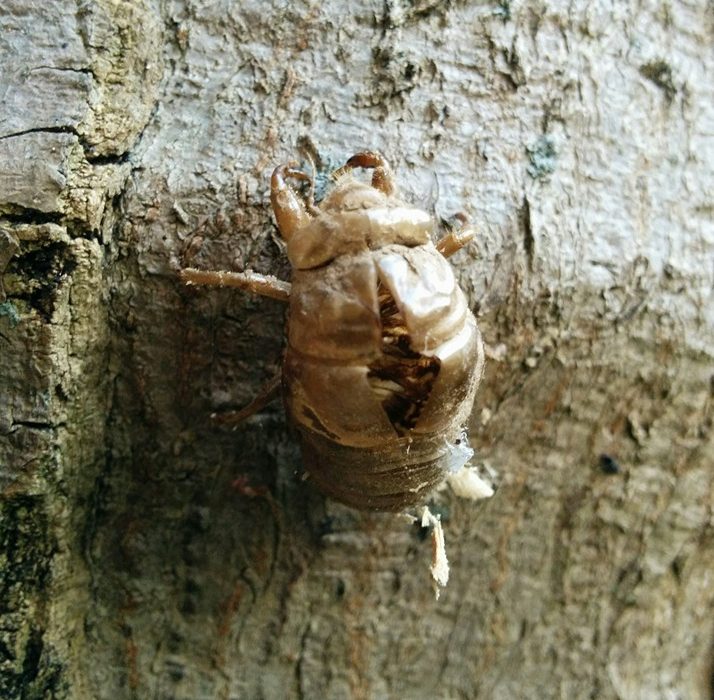The rose has long been a symbol of love’s glorious and perilous path. Its delicate, satiny petals that unfold into an endless spiral of beauty have entranced poets for centuries. Its thorns announce love’s fatal sting.
One of the many fascinating things about roses is the fact that these inspiring clusters open from what are essentially wooden sticks—canes as floriculturists call them. Indeed, it is so often the case that love rises from the seemingly dead wood of a mangled heart. So many stories end (or should we say begin) with the image of flowers bursting from a staff or a piece of dead wood—whether it’s the story of lilies sprouting from Joseph’s staff, or of the ultimate rose—thorns and all, blooming shades of deepest crimson on the cross. The red rose of love blossoms, like a phoenix rising from the ashes, like Balder the Beautiful stepping from the trees after Ragnarok, or like Osiris rising from the dead just long enough to sire Horus, god of the sun, god of the moon.
Some hearts, like mine, used to be petrified wood—almost stone. Over the years as I learned to feel my feelings, my heart softened and became more like wood. As I learned to feel my feelings without having to act on them impulsively, the wood began to bud. When I got married and we had children, my heart blossomed. When I learned to let love into my heart, after a long struggle with forgiveness and self acceptance, my heart became a garden. And then, when I began living my dreams and helping other people live theirs, my heart became a paradise.
It must be remembered however, that for roses to grow successfully, they need to be pruned. In the same way, love needs to be pruned or else, like the rose bush, it will strangle itself from the tangle of old and new branches, and eventually die. But how does one prune the thorny branches of love? If one practices open communication, in which both parties are heard and acknowledged, then the old canes of past arguments fall away. And pruning implies vulnerability. It also implies a sharp, but tactful cutting truth. The rose bush isn’t helpless; it has called the gardener to it to do his or her work, just as love calls us to care for it. We do not have love, It has us. We are simply the care takers of love’s wild, extravagant gardens.
Lastly, it is important to notice that roses grow on bushes. They bloom in a community of beauty. The network of shared roots, secret niceties and courtesies, shared beliefs and dreams, all make for a world of flowering abundance—a paradise of wonder and fragrance.
Exercise: Give someone a flower or a bouquet of flowers today—a romantic partner or a friend, a child, a parent, a sibling—maybe even a stranger—spread some colorful love.
Copyright Joseph Anthony of the Wonder Child Blog
